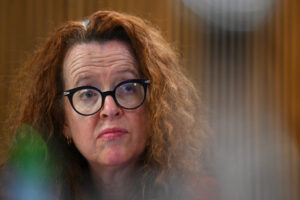Share
Over the last fifteen years, much effort has gone into the preparation of sustainability reports. These are reports that provide information on social and environmental as well as economic matters. This has been done in the name of improved decision making, accountability and transparency. It has also been motivated by a desire to promote ecologically sustainable development. But for all the effort, it is difficult to know exactly what has been achieved and how useful sustainability reports have been. This is worrying when you consider the amount of resources that have been dedicated to the task. To address this issue, we undertook a review of sustainability reporting in Australia. The final report, Which Direction: A Review of Monitoring and Reporting in Australia, was recently published by the Australian Collaboration.
Related documents
Between the Lines Newsletter
The biggest stories and the best analysis from the team at the Australia Institute, delivered to your inbox every fortnight.
You might also like
Dutton’s nuclear push will cost renewable jobs
Dutton’s nuclear push will cost renewable jobs As Australia’s federal election campaign has finally begun, opposition leader Peter Dutton’s proposal to spend hundreds of billions in public money to build seven nuclear power plants across the country has been carefully scrutinized. The technological unfeasibility, staggering cost, and scant detail of the Coalition’s nuclear proposal have
Bell’s departure is overdue, but this crisis is not all her fault. Here’s why
Genevieve Bell, vice-chancellor of the Australian National University (ANU), has announced her resignation. Many will welcome this news.
One year on from the State of the Environment Report, what’s changed?
(Spoiler alert: nothing!)



